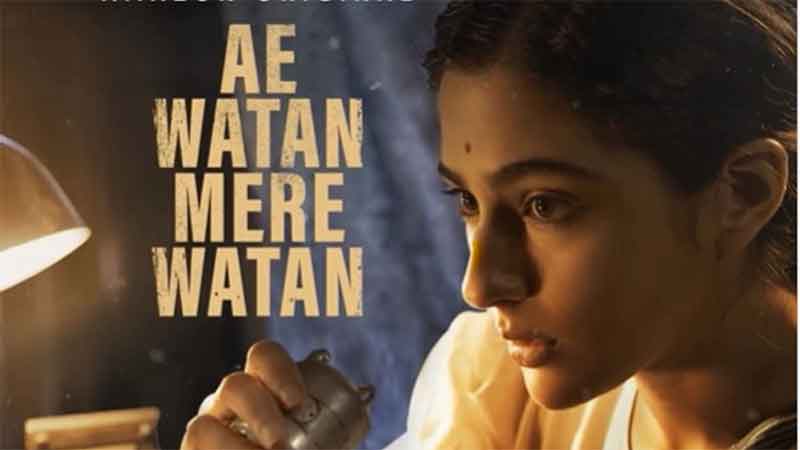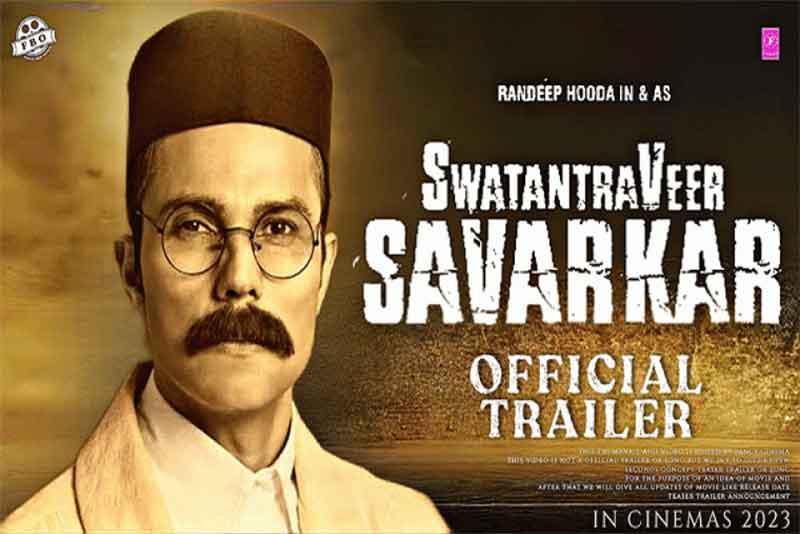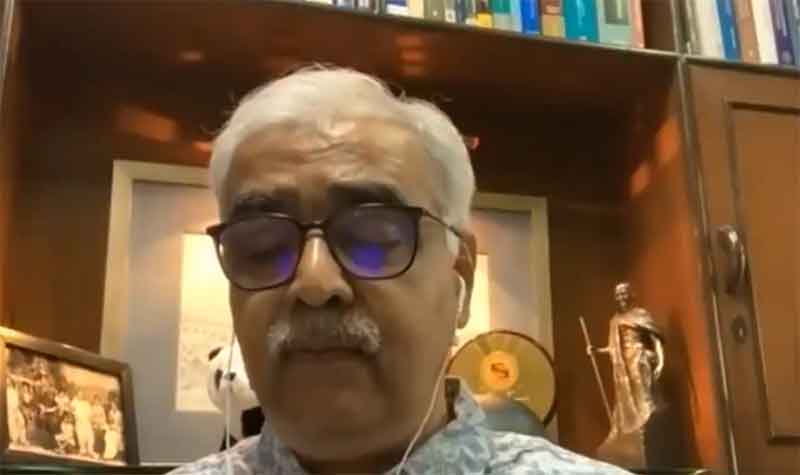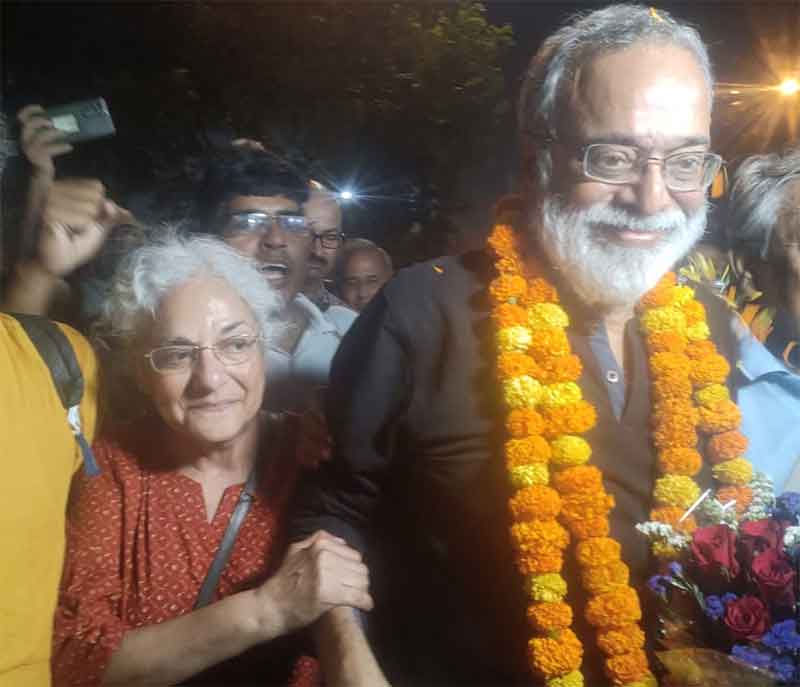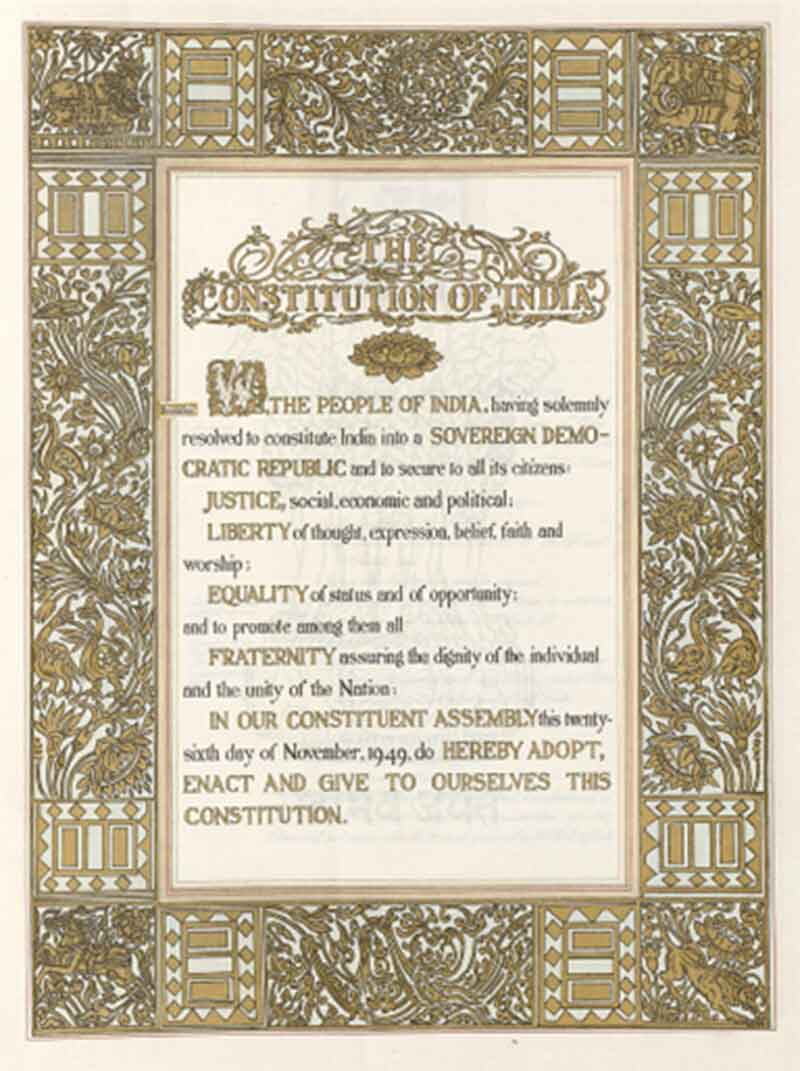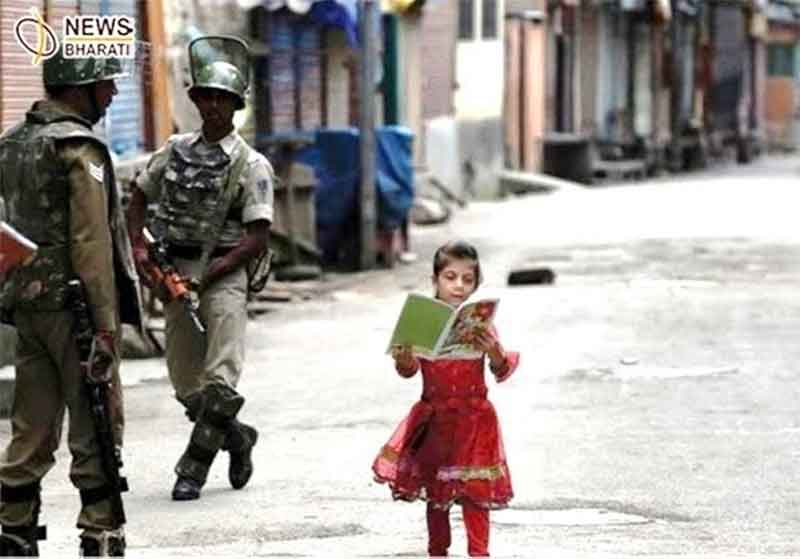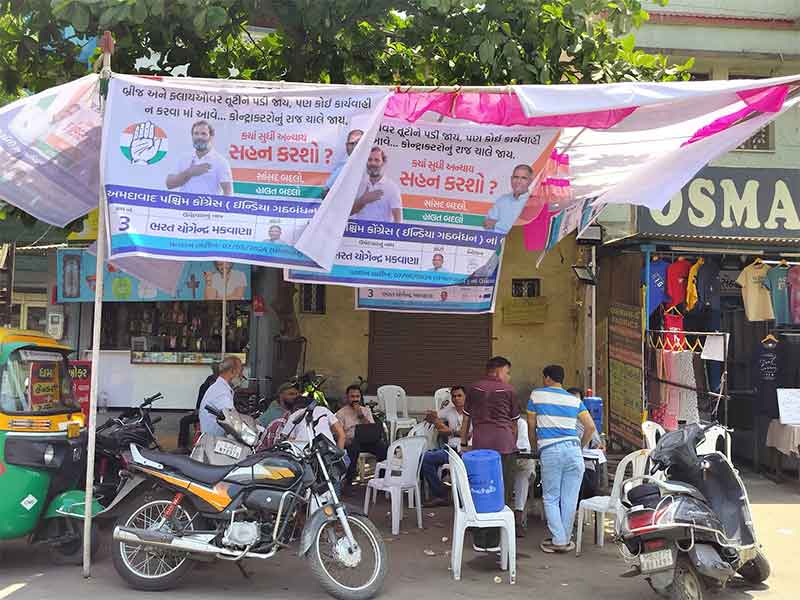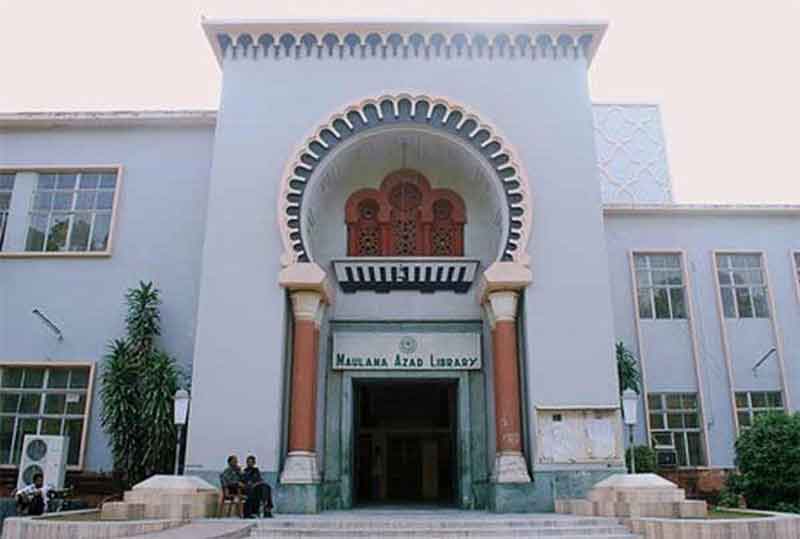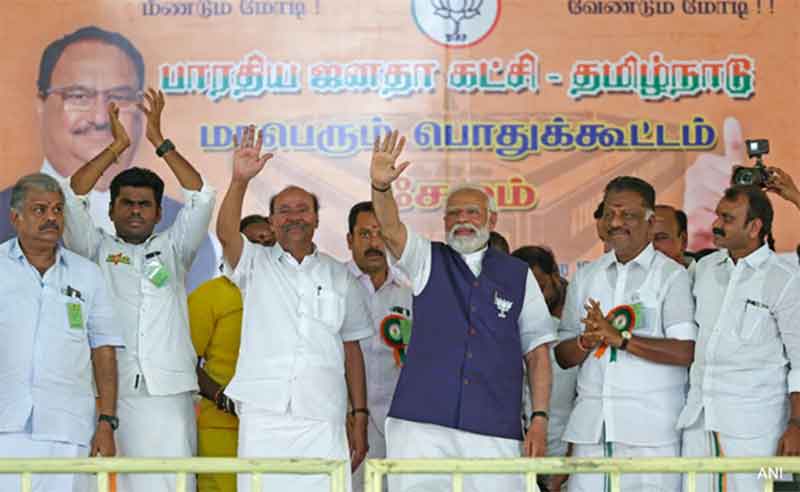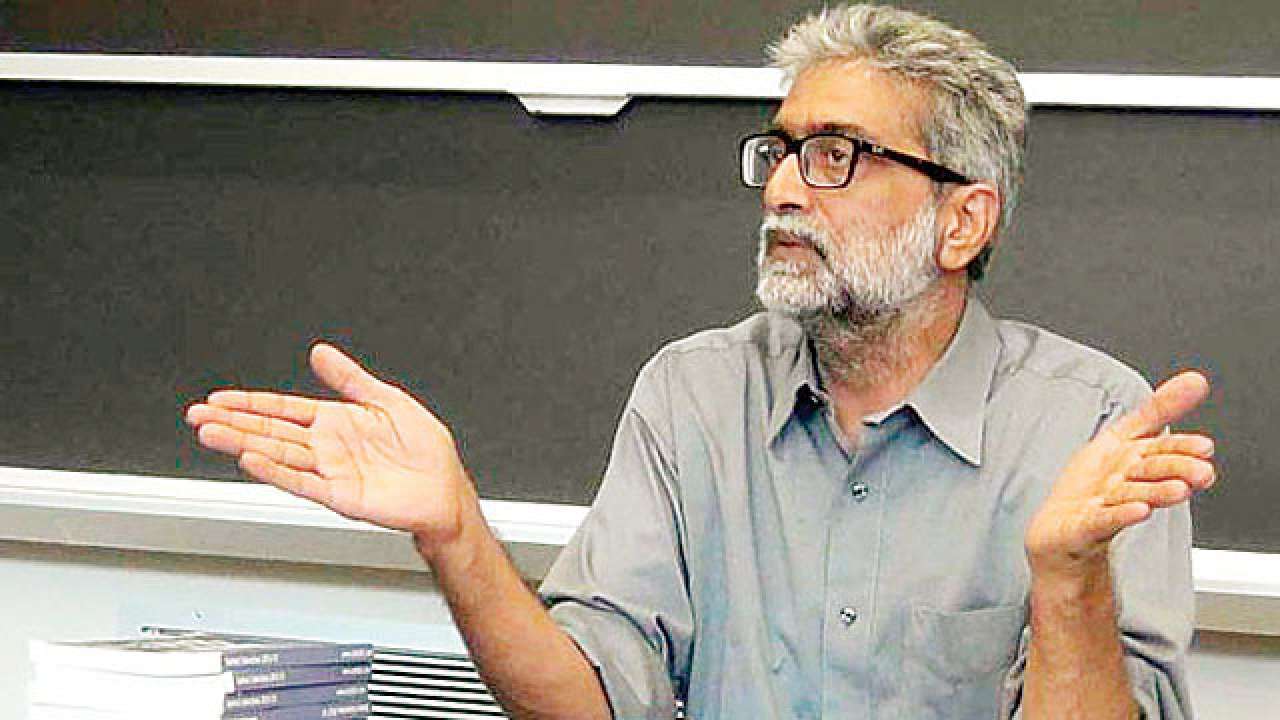
Paresh Mokashi’s Marathi film Nach Ga Ghuma is very good as was expected from the reputed maker of Harischandrachi Factory which was the Indian nomination for Oscars.. It is very inventive both in form and content. The most important aspect which is generally likely to be missed is its remarkable understanding, portrayal of Labour, labour-employee relations. It may not be a coincidence that it was released on May Day, the day of the dignity, importance of labour and not on the usual day of release which is Friday.
Nach Ga Ghuma is a popular folk song about the plight of a dancer who is forced to dance against all odds. At the centre of the film is the upper middle class working woman who has to manage, office work, home, child etc amidst the pressure of time. The film is a larger commentary on modern life in which one is a cog in the wheel.
Interesting, director Mokashi does not make any comment on labour issues, the events bring this out brilliantly. The film is about the interesting interaction between an upper middle class working woman and her good natured domestic help who is often late for work because of various problems.
And this is the crux. My involvement in the study of transport issues shows that the society in general and our own mobility pattern, our over reliance on the motor car are responsible for traffic problems and it is the working people who are worst hit.
An affluent motorist loses very little when stuck in a traffic jam, he or she can still do work in air conditioned comfort. For a working person , every second counts, especially if you have to catch a fast train for Vasai-Virar.
Unfortunately, those at the helm of traffic value the time of the rich as far more important than of the poor, shockingly even some academics think so. This is not simplistic. It is the harsh truth..
Mukta Barve, a very talented senior, and Namrata Sambherao, mainly from the comedy television genre, the protagonists, are amazing and the whole team led by Mokashi, Madhuganda Kulkarni is so good with fine performances by Srirang Sathaye, Supriya Pathare, Sharmishtha Raut and others.
This film needs to be widely seen, people splurging money on eating out and watching escapist stuff need to take time out and see this apart from serious viewers. It is entertaining too, breezy, with an element of the farce and a very good use of actors’ bodies constantly in fast motion.
The attendance in a mini theatre in Bandra was not encouraging. But the encouraging part was that a Keralite lady, a Menon, had brought her Marathi speaking female friend of the Dandekar family of Camlin . At the first show, I was told, a Sindhi couple was prominent among viewers, they said they often see Marathi films.
The labour angle of the film is important. Without making any statement it shows how precious is the importance of domestic help, especially when it comes to the 12 hour shift work, looking after a child and all.
Employers too desperately need labour , so essential for profit,but they make out as if they are doing a favour by hiring labour. And the system has created a surplus of labour through unscrupulous policies and so kept the wages down.
And in a larger context labour is the very foundation from which the modern world has grown. There is no denying that whether one likes Marx or not.
Another Marathi film released recently is about ungrateful children.
How sharper than a serpent’s tooth it is to have a thankless child is a memorable line from King Lear in the Bard’s famous play. In present times the problem has become very large it seems and Mahesh Manjrekar tackles the theme in his just released Marathi film Juna Furniture (old futniture , a name given to old parents who are seen by some as dispensable) .
It is watchable, the director is a senior in the industry. But he has taken upon himself too many roles and clearly he needed to consult more people than he has done.. He is the director and lead actor as the aggrieved father, he is there in almost every scene in the film, he has also written the script.
A lot of senior citizens in the film applaud the old father Govind Pathak in his fight, he drags his IAS officer son to court in this court drama. In real life senior citizens may do that, the response in the mini theatre in Bandra last evening was not negligible.
But two important though seemingly minor points need to be made. The son is about to be appointed as the chief minister’s principal secretary as disclosed very early in the film through his stylish, upper class father in law who knows how to exploit the system.
But the actor playing the son’s role is shown as a young IAS officer while the post of the principal secretary to the C.,M. is quite a senior one, it is not for the younger lot. After the court case is launched, he is transferred as a district collector, a post held by young officers . Worse the posting is supposed to be for Bhandardara district. For heaven’s sake there is no such district, the actual district is Bhandara at the eastern end of Maharashtra, far away from Bhandardara, the tourist town which is at best a taluka town.
So just as we are Delhi centric , we are also Mumbai centric and do not know much about other regions. Manjrekar should have known better. He has some experience of politics, he was an MNS candiate for the Lok Sabha in Mumbai ten years ago.
Funnily, the chief minister in his brief appearance looks just like the present chief minister Eknath Shinde with his beard.
The film’s protagonist is a middle class man living in Borivali. The filming of the house was done in the Tehmi Terrace two storey heritage building on Turner road in Bandra, I saw is being done a few months ago.
The performances are good, especially of Sachin Khedekar, the judge, Manjrekar himself, Girish Oak as lawyer , Upendra Limaye as the goonda with a good heart, Sameer Dharmadhikari as the rich father in law of the IAS officer, and Anusha Dandekar is the officer’s wife.
Another new Marathi film is on the life of Sudhir Phadke, very popular music director and singer, who had created a sensation in Maharashtra for decades with his rendering of Geet Ramayana which lovingly portrayed the life of Rama without any politics that has now created so much bad blood exploiting Rama. Report suggest that the film’s impact is spoilt with bringing in of the religious politics.
Vidyadhar Date is a senior journalist, culture critic and author of a book on public transport

